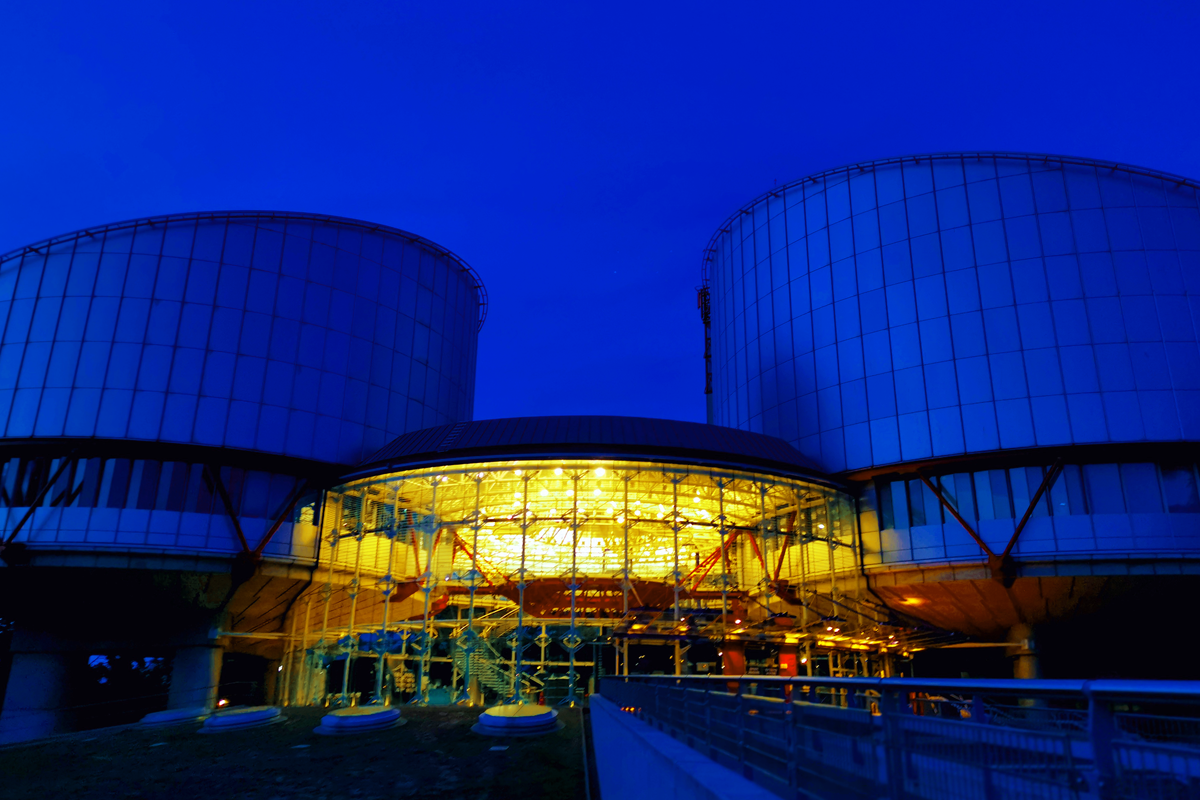The European Court of Human Rights (ECHR) ruled Tuesday that the UK is not required to prevent parliamentary privilege from overriding privacy injunctions. This decision reaffirms the principle of parliamentary sovereignty, which grants UK parliamentarians immunity from external legal actions while performing their duties.
The case stemmed from a challenge brought by British businessman Sir Philip Green, who argued that parliamentary privilege had been used to violate his privacy by disclosing details protected under an injunction. Green had previously secured an injunction preventing the Telegraph from publishing material linked to non-disclosure agreements (NDAs) and anonymity orders.
However, in 2018, Lord Peter Hain, a member of the House of Lords, used parliamentary privilege to reveal Green’s identity and allegations of sexual harassment, racist abuse, and bullying. The Telegraph adhered to the injunction but the subsequent statement in Parliament rendered the orders ineffective. Green argued that this breached his right to privacy under Article 8 of the European Convention on Human Rights.
The ECHR upheld the UK’s stance, emphasizing the autonomy of parliamentary proceedings and stating that it is not the responsibility of the state to prevent the use of parliamentary privilege in this way. The decision also noted that many countries extend similar protections to their parliamentarians, shielding them from legal action related to their parliamentary functions.
In its conclusion, the ECHR’s ruling aligns with the UK’s constitutional framework, reinforcing the immunity of parliamentarians in the course of their legislative duties.
European Court of Human Rights ECHR Image based on a picture taken by Marc Tilley edited by Christian Pogies on voelkerrechtsblog.org


